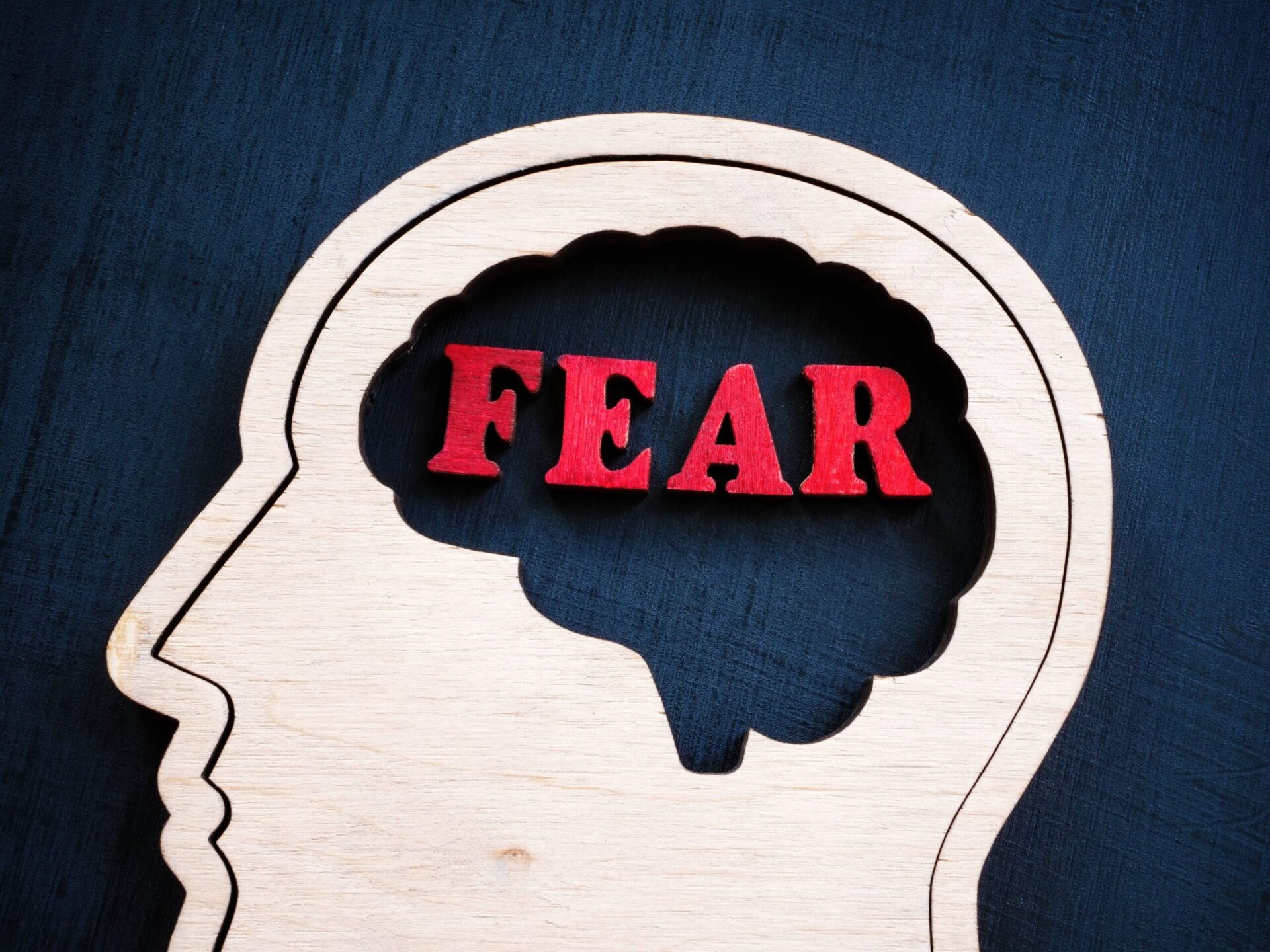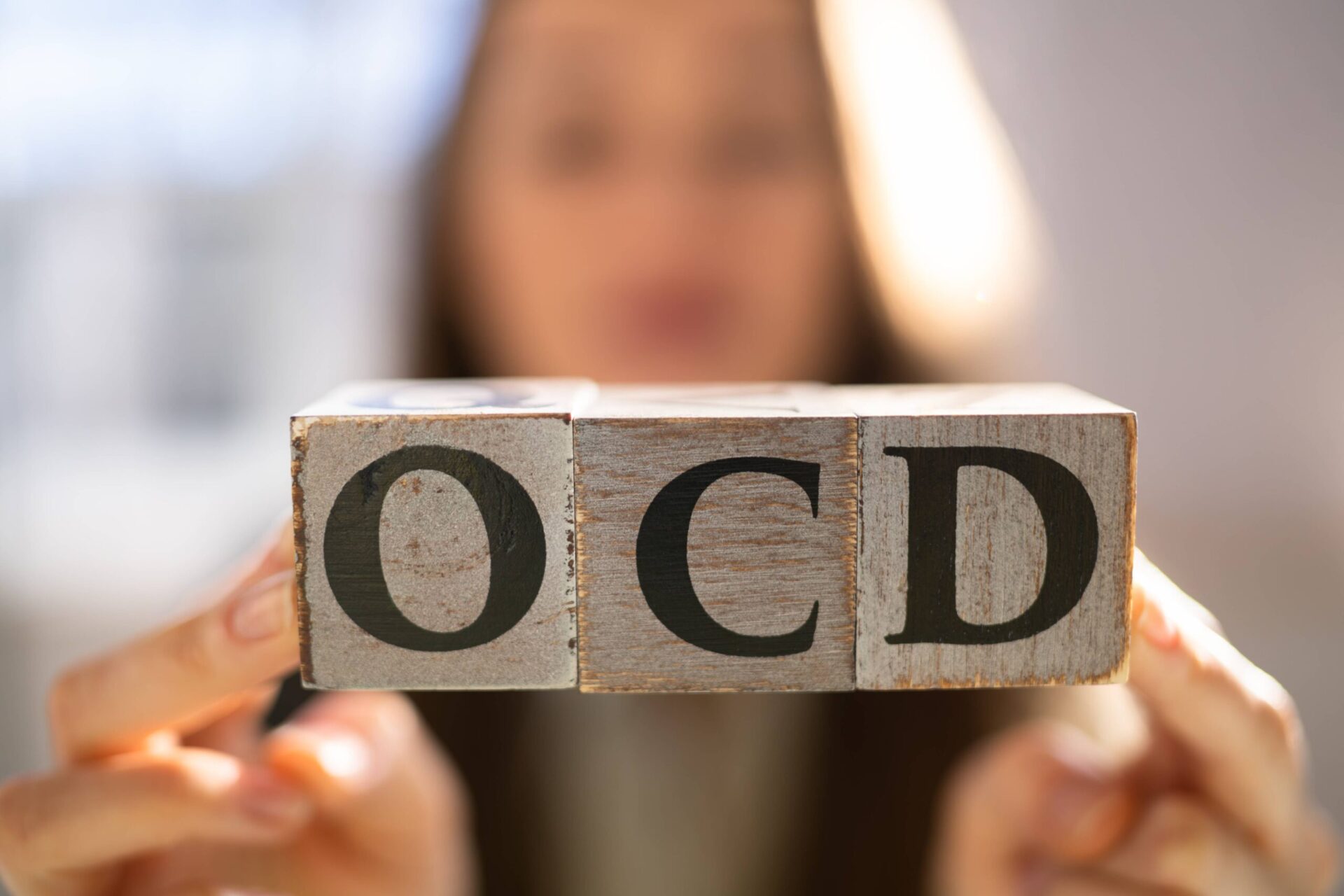People are often keen to know if what they have is a fear or phobia. Generally, fear is rational; when fear becomes irrational, it is a phobia. The difference between the two can be slight and hard to judge because fears are to some extent irrational as they are the result of imagination. Generally, it is the degree to which the fear is irrational that will determine whether it is a fear or phobia.
People are often also keen to find out the cause of their fear or phobia. Whilst this can be interesting analytically, it is not essential for treatment to be successful. For many, stopping the fear or phobia is all that is needed.
A phobia is not the result of an illness or a mental disorder. It can make life very difficult, cause embarrassment and affect self-confidence and self-esteem. Simple phobias are fears of one thing such as heights, a specific object or animal, or enclosed spaces.
Complex phobias are fears of several things together: a fear of flying might include a fear of being enclosed and of a crash and of not being in control.
Social phobias include being afraid of what might happen when you are with others: blushing, forgetting, keeping control. Panic attacks are a form of phobia; they can strike unexpectedly and affect people you would least expect to be affected.
Agoraphobia is the strongest form of phobia; this is no longer defined as a fear of open spaces; it is when someone becomes increasingly anxious the further they are from their own home; at its extreme, a person might never go out because they are so fearful of being away from home.
If you would like to discuss therapy options so you can decide how you would like to tackle your phobia, do get in touch.







